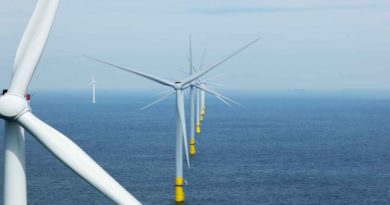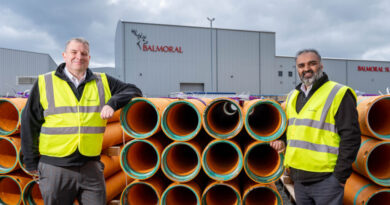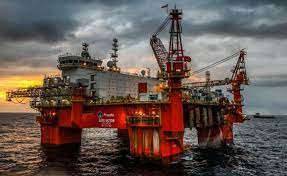RWE and DEME Offshore install collars on offshore foundations for 1st time ever
Energy Disrupter
An innovative foundation technology is to be introduced at RWE’s Kaskasi offshore wind farm.
For the first time ever in the renewables industry special collars will be installed around the monopile foundation at seabed level. The ‘collared monopile’ is designed based on an RWE patent. The new technology will provide additional support for lateral loading, increase the bearing capacity and improve the structural integrity of the entire foundation – especially in difficult ground.
RWE Renewables has signed a contract with DEME Offshore for the transport and installation of the new foundation technology at RWE’s 342-MW Kaskasi offshore wind farm, located in the German North Sea, 35 kilometres north of the island of Heligoland.
DEME Offshore is delighted to partner with RWE in this pioneering project, which highlights how both companies are focusing on further refining innovative technologies and new concepts in the renewables sector.
Sven Utermöhlen, Chief Operating Officer Wind Offshore Global at RWE Renewables, says: “At our Kaskasi offshore wind farm we use innovative technologies that will set standards throughout the offshore industry. The collared monopile, a patented solution developed in-house, will help to increase stability in difficult ground. Furthermore, Kaskasi will be the first commercial offshore wind farm in the world to use an improved installation method to drive all monopile foundations to target penetration. The vibro pile driving technique will reduce both installation time as well as noise emissions for marine life. This showcases our technical expertise as the second biggest player in offshore wind globally and means that we will continue to be at the forefront of the evolution of technology in this industry.”
Bas Nekeman, Business Unit Director Northern Europe at DEME Offshore, emphasises: “The Kaskasi collar installation project is a good example of how we can bring added value to our clients. Our versatile fleet of offshore installation vessels enables us to deploy the ideal vessel for this project and, in close collaboration with our client, we are tailoring the installation techniques and minimising any potential risks.”
The Kaskasi offshore wind farm will consist of a total of 38 wind turbines. Each turbine will have a capacity of up to 9 MW. The wind turbines will be installed on monopile foundations. The installation of the foundations will start in the third quarter of 2021.
RWE will use the vibro pile driving installation method, which is an efficient alternative to the conventional method of hammering monopiles into the seabed. This improved installation method could reduce installation time and noise emissions during construction.
Kaskasi will be the first commercial offshore wind farm in the world using the vibro driving technique to install all monopile foundations to target penetration.
When target penetration is reached, the innovative foundation collars will be implemented at three locations. The detailed design was developed by the German civil engineering company JBO based on the RWE patent. Bladt Industries was selected as manufacturer.
DEME Offshore will transport the three collars from the manufacturer’s load-out port in Aalborg, Denmark, to the Kaskasi construction site near Heligoland. Then the DEME Offshore team will install the steel collars around three of the 38 monopile foundations for which DEME Offshore will deploy the versatile jack-up vessel Neptune.
The collar will be installed at seabed level in water depths of up to 25 metres. The space between collar and monopile foundation will be filled with grout material to create a stable connection. RWE will carry out accompanying tests to verify that the collar improves the structural behaviour in comparison to standard monopiles.
Original Source: https://ocean-energyresources.com/2020/11/30/rwe-and-deme-offshore-install-collars-on-offshore-foundations-for-1st-time-ever/
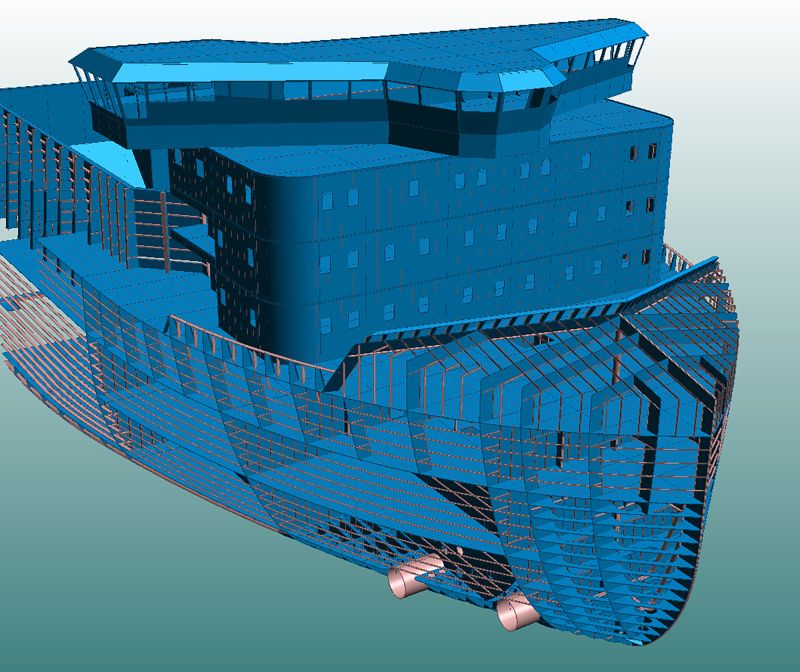
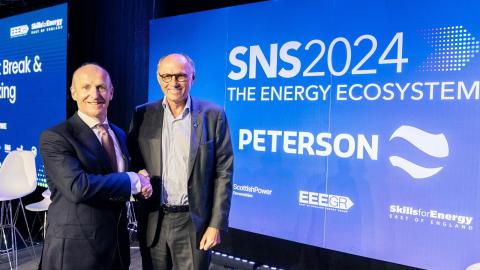
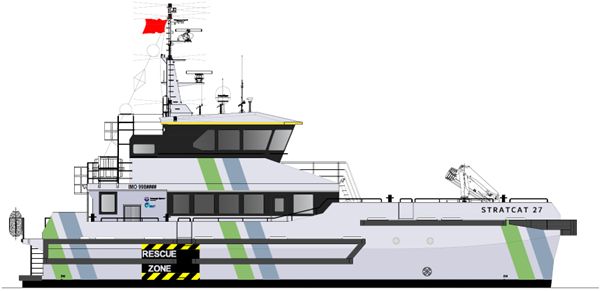

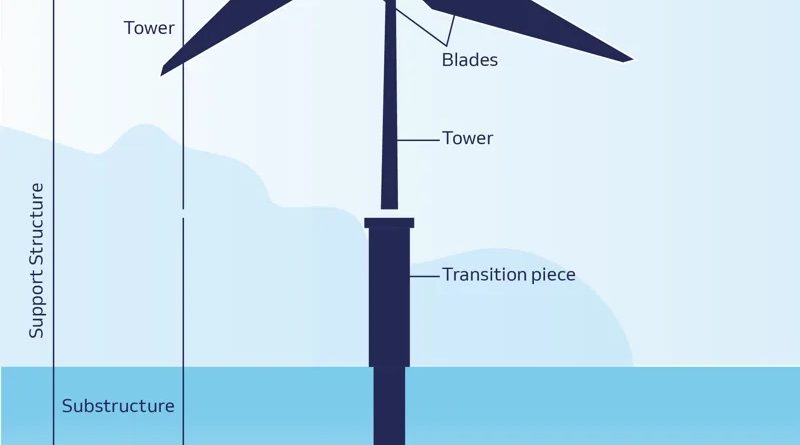
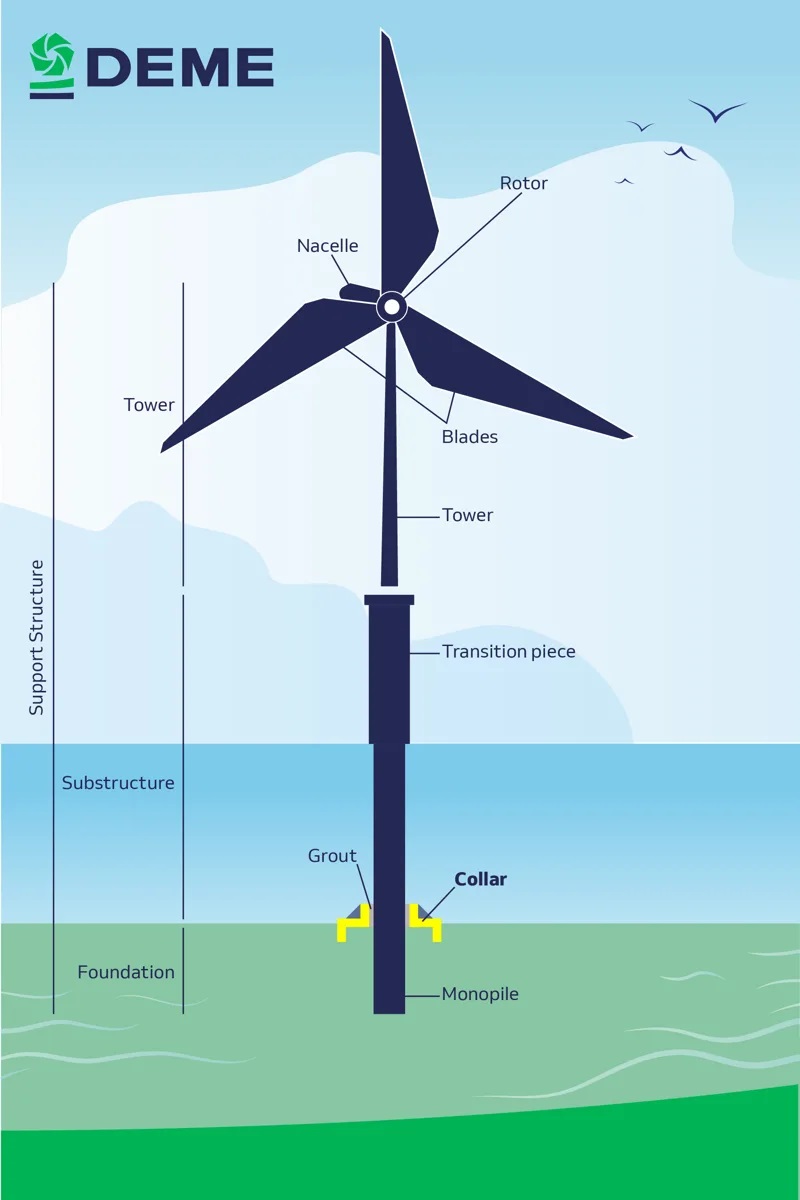
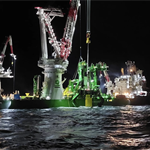
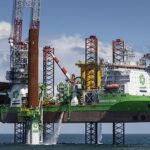
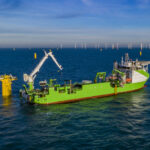

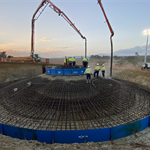
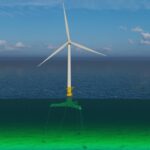
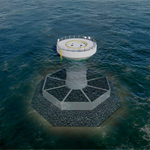
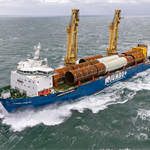
 : What Can Small Businesses Expect To Pay?
: What Can Small Businesses Expect To Pay?